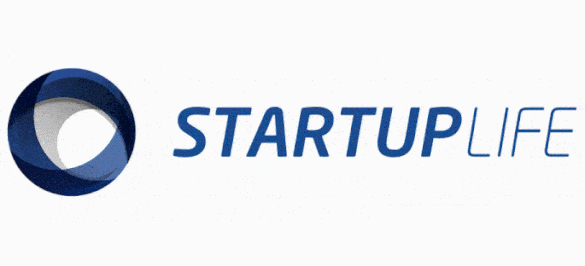By Laura Mallet and Layon Lopes*
Fintech means companies that use technologies to provide financial, payment or investment services. Though Brazil has the largest fintech hub in Latin America and has its financial market growing every year, its financial sector is known to be highly regulated, which could cause foreign investors to avoid this kind of business. However, the regulatory bodies have encouraged the competition in this market, through the imposition of several mechanisms and presentation of new service modalities.
The main regulatory bodies in Brazil are the Central Bank of Brazil (“BCB”) which acts by regulating financial and payment services and the Securities Exchange Commission (“CVM”) which acts regulating investment services. For a fintech to offer services in Brazil it is required to have a license and to subject to specific rules imposed by BCB or CVM, depending on the activity of the company.
Those regulatory bodies have been working to attend the innovating financial services that have been presented by the new fintech companies and to encourage the competitions in the market. As an example, recently Brazil’s Central Bank implemented the Open Banking system, which allows the participating institutions to have access to consumer’s data of other institutions, which enables the development of different solutions.
Also, in 2019, Brazil’s Central Bank implemented the Regulatory Sandbox, where companies can be licensed by the Central Bank to practice innovative activity in the financial or payment area. That can stimulate the innovation and diversity in business models, allowing the Central Bank to follow on with the fintech’s new ideas.
It is interesting to highlight that in Brazil consumer lending is an activity that can only be provided by duly licensed financial institutions that must follow several rules. For example, depending on the institution type, a minimum capital stock may be required, implementation of a compliance program, reports to BCB regarding suspicious operations identified that could cause risk of money laundering, director’s declarations regarding the company, among other things.
As the financial and payment market in Brazil is heated and open to investments in innovation, it becomes interesting to understand the mechanisms imposed by regulatory bodies, as well as the requirements to achieve the license needed by institutions to practice its activities.
Financial Fintechs
In 2018, BCB regulated two business models exclusive for fintechs, allowing the parameters for a fully digital bank, where the opening and closure of deposit accounts could be done only through electronic means.
These business models of financial institutions are Direct Lending Companies (“Sociedade de Crédito Direto – SCD”), that can only use their own resources for their credit activities or seek within investment funds and other financial institutions, and Peer to Peer Lending Companies (“Sociedade de Empréstimo entre Pessoas – SEP”), that allows individuals to operate lending among each other.
Both of these business models must have the company constituted as a “sociedade por ações”, such as a corporation in the United States, and must observe a minimum capital stock of R$ 1.000.000,00 (one million reais), that must be maintained as net worth. The Central Bank of Brazil must authorize the constitution acts of the company before it can be registered, during the process of authorization.
These types of companies must implement a compliance program, considering the topics required by the Central Bank and Brazilian’s legislation. That is a way for the Central Bank to have assurance that the institution is observing all the determinations and specific rules that they are subject to.
Also, as these activities can only be performed by financial institutions that operate exclusively through electronic platforms, the company must, as well, have its own electronic platform and IT area.
Payment Fintechs
A payment fintech can execute four types of payment services in Brazil, which is:
- Issuance of electronic currency, which covers issuance of prepaid cards and management of payment accounts.
- Issuance of postpaid payment instruments, such as credit card for example, which covers the management of payment accounts.
- Accreditation of commercial establishments to accept instruments of electronic payment terminal.
- Payment transaction initiation service, that cannot manage payment or deposit accounts.
Since 2021, any company that started its business as payment fintech must have a BCB license to practice its activities.
In this case, the company can be constituted before the process of authorization starts within the Central Bank of Brazil, but its activities will only be considered regular after the license has been granted.
As for the financial institutions, payment institutions must also have a minimum capital stock. In this case, the minimum value is R$ 2.000.000,00 (two million reais) for each type of payment service that the payment institution provides, but in this case, the capital stock doesn’t need to be maintained as net worth after the process of authorization.
As well, they must also implement a compliance program to demonstrate that has internal controls and observe the rules they are subject to.
It is important to highlight that currently a lot of fintech companies are investing in the achievement of the regulatory license to attend other companies that want to work in this market, but don’t have the structure needed. That way, the fintechs provide the means for the company to provide financial services to its clients through white label platforms and API connections.
Besides the institutions mentioned above, there are several others that can fit your business model.
* Layon Lopes is the CEO of Silva | Lopes and Laura Malltet is a member of the Silva | Lopes team.











